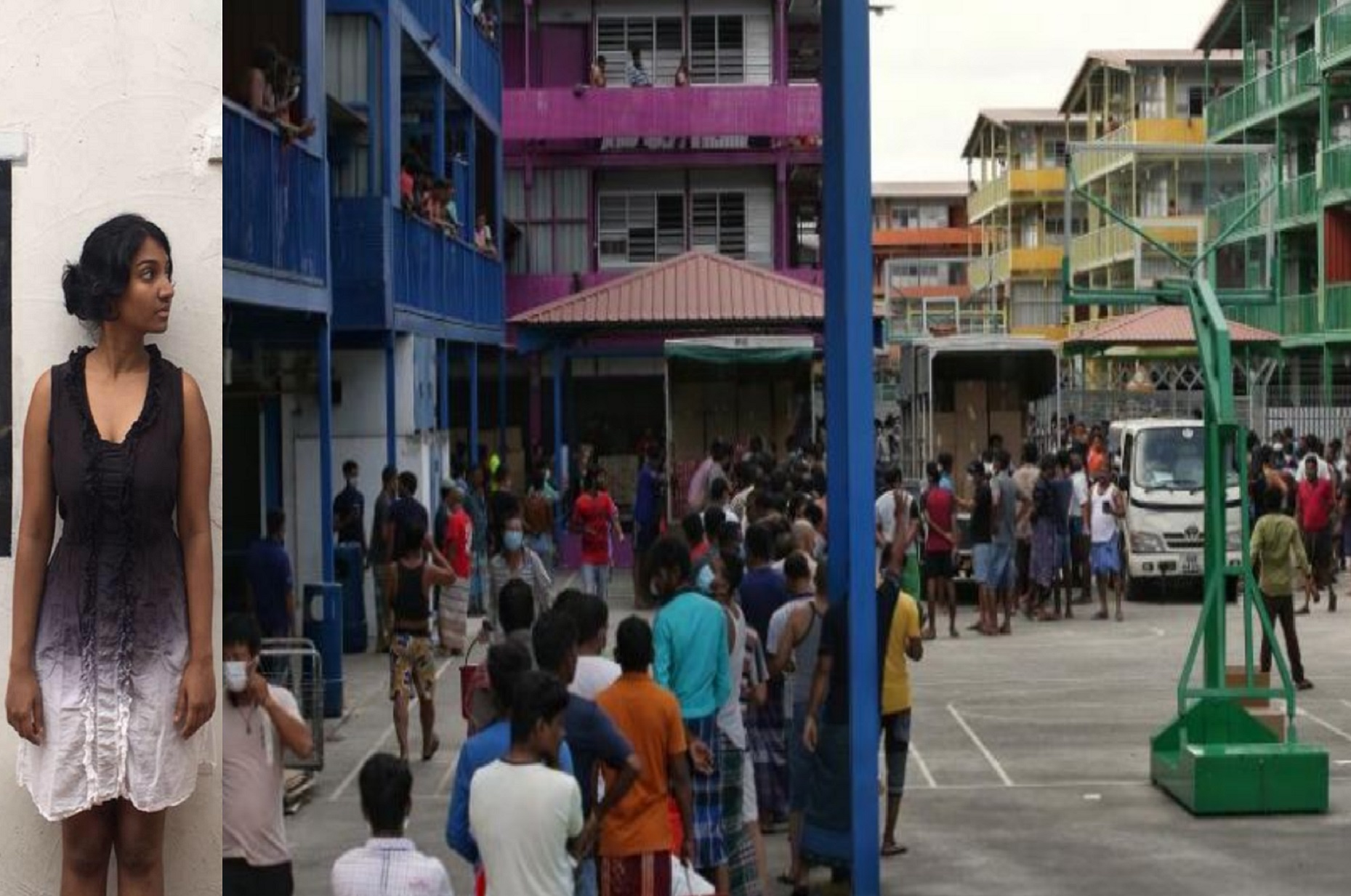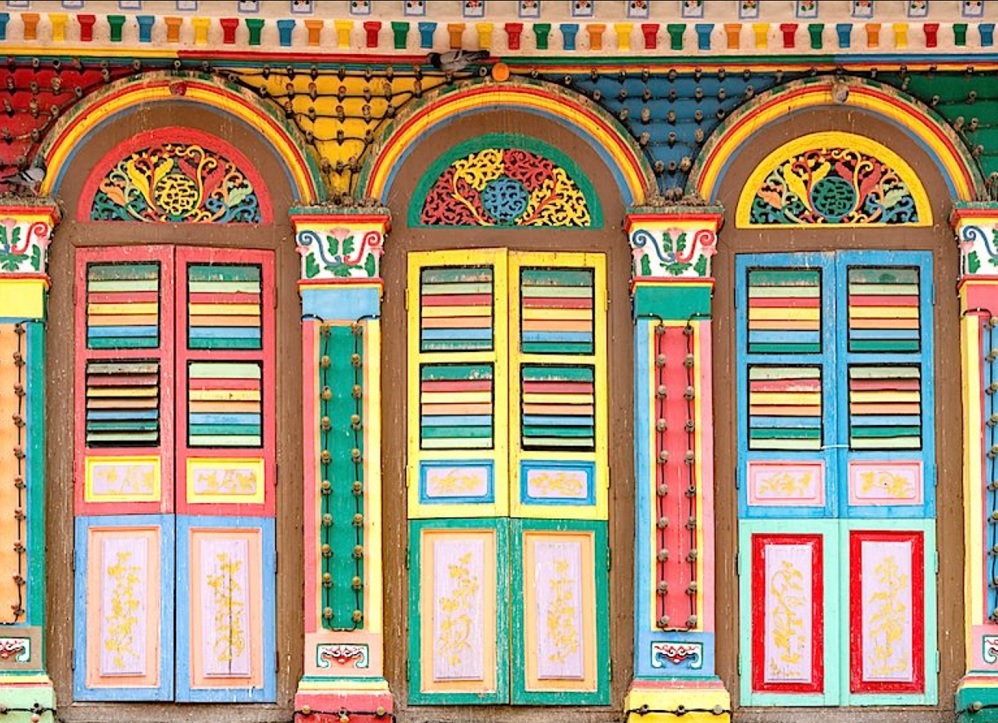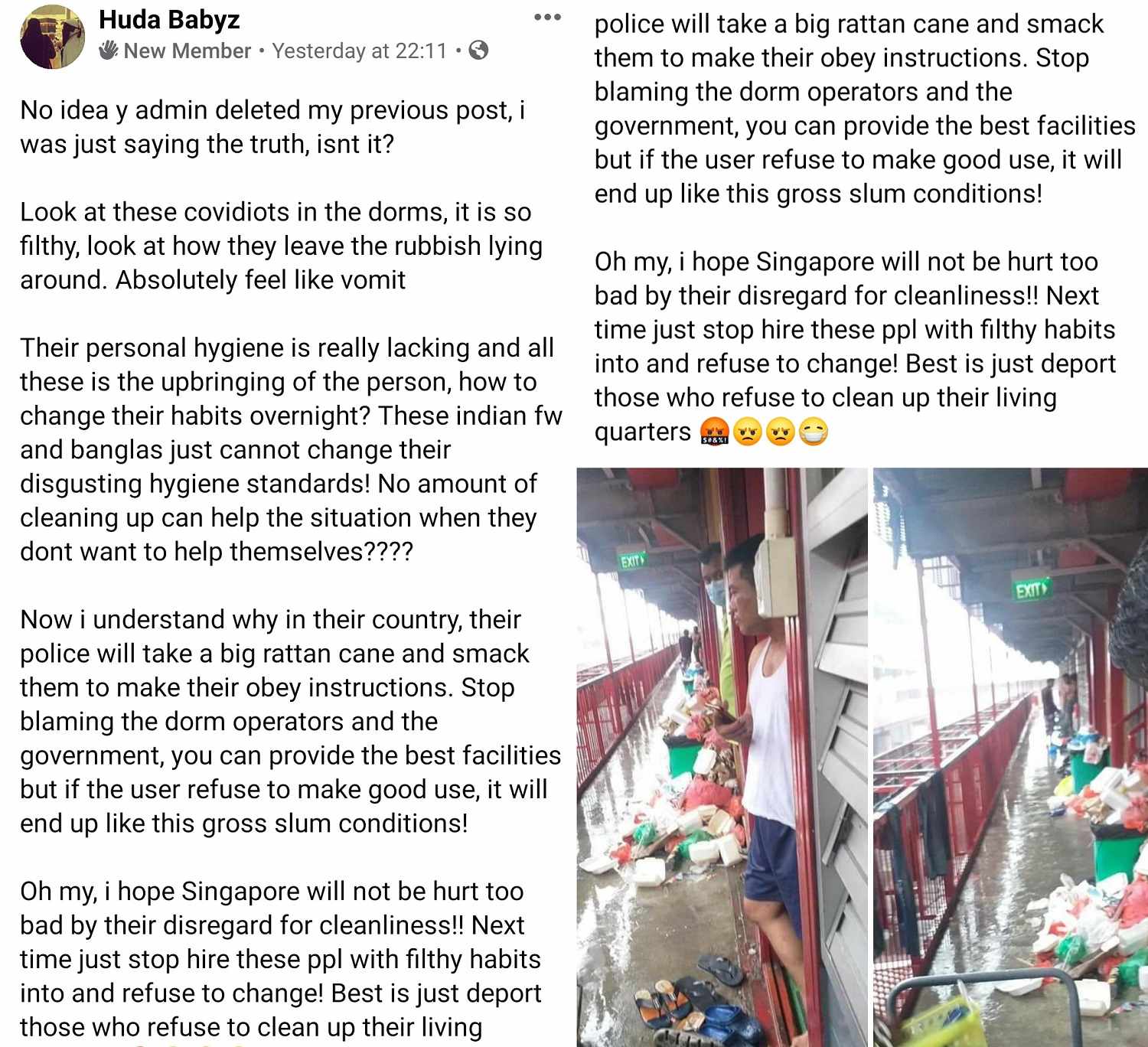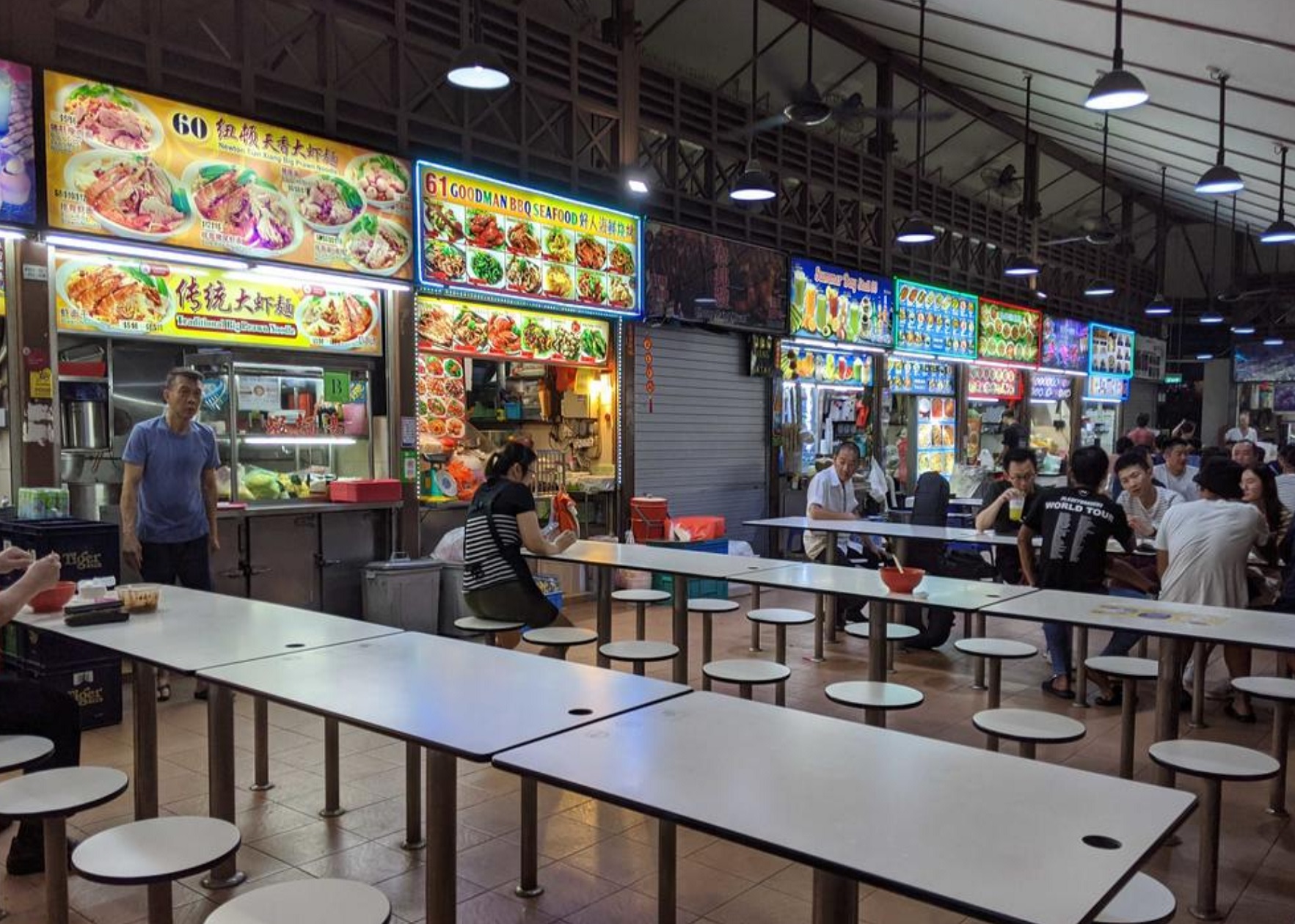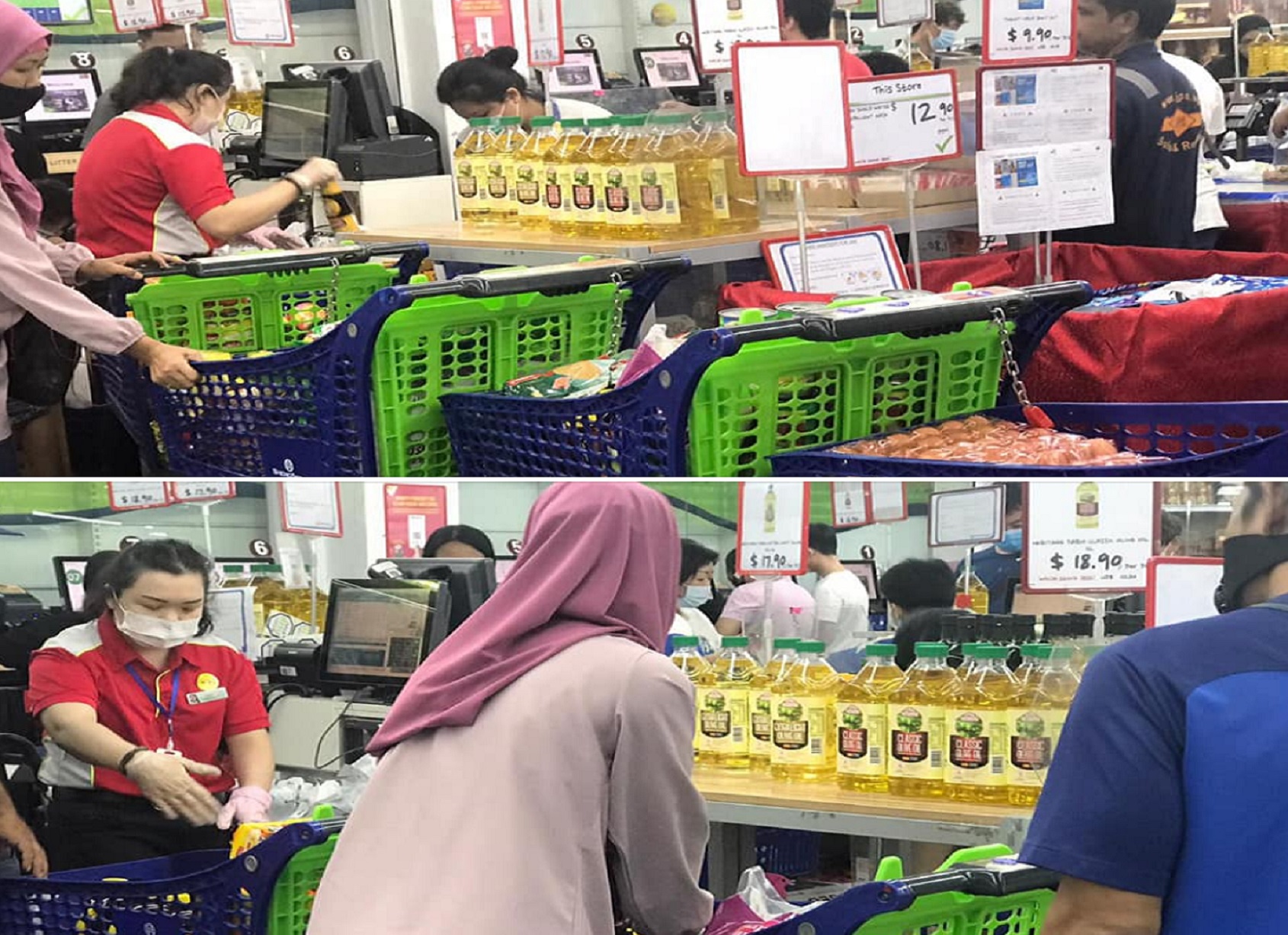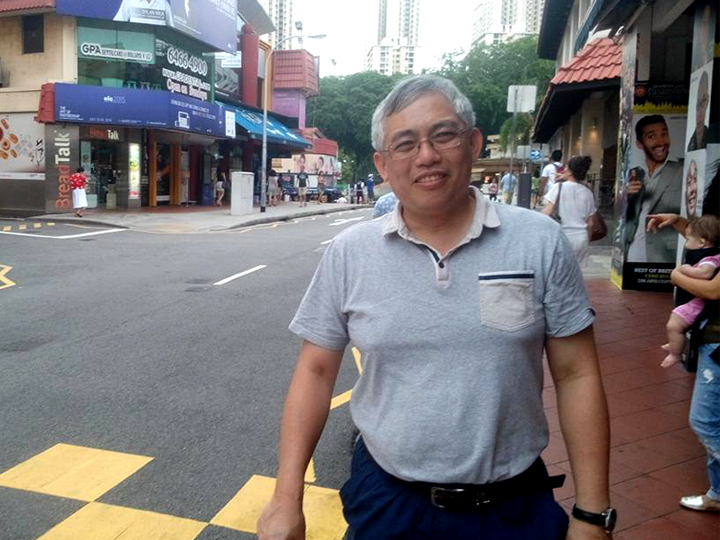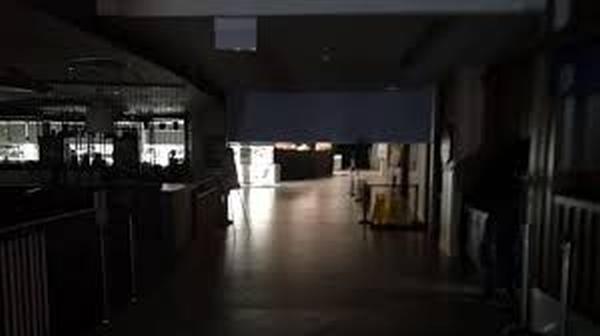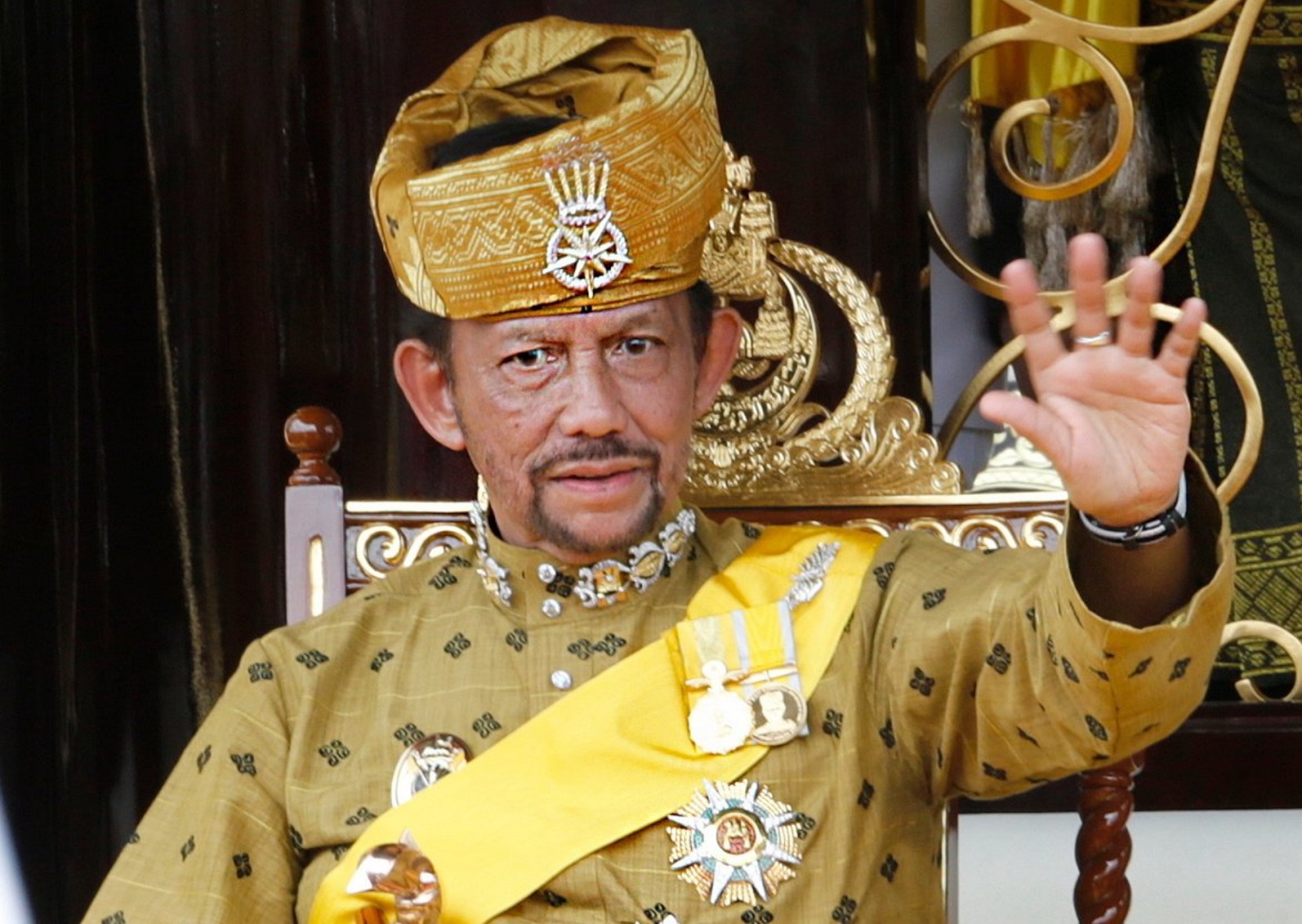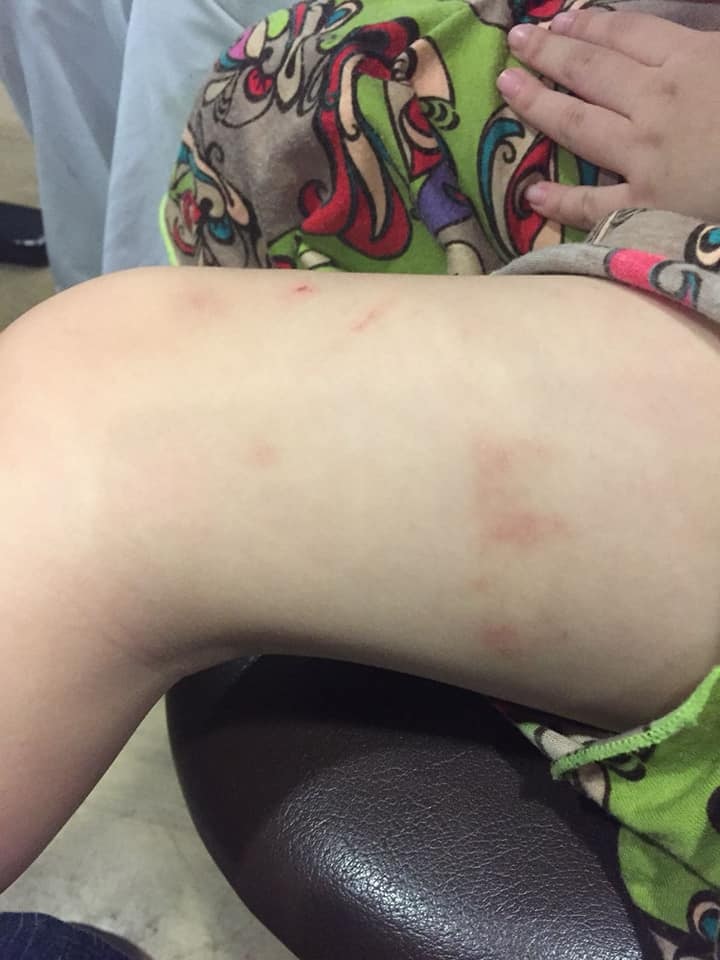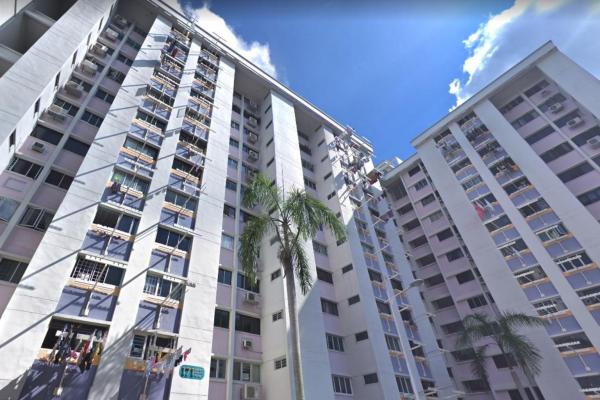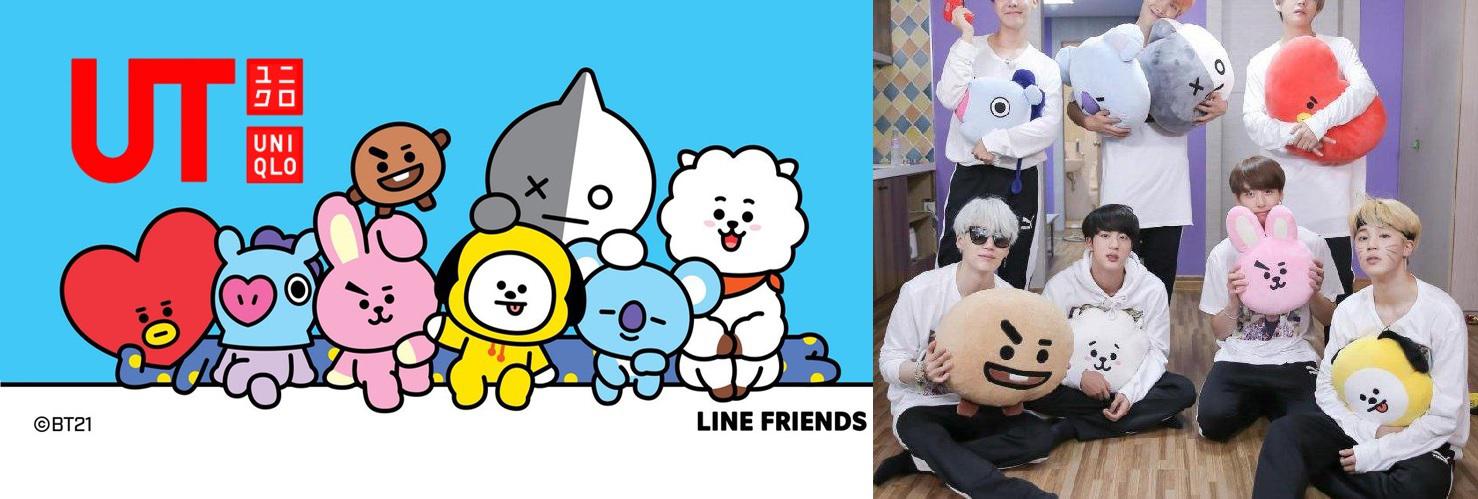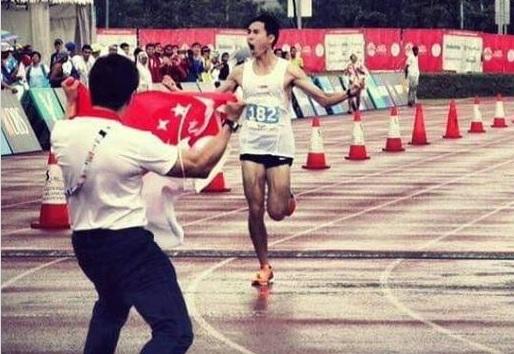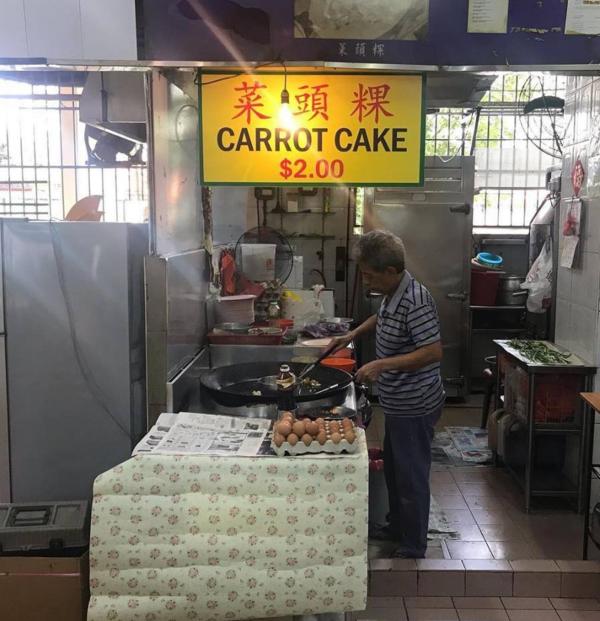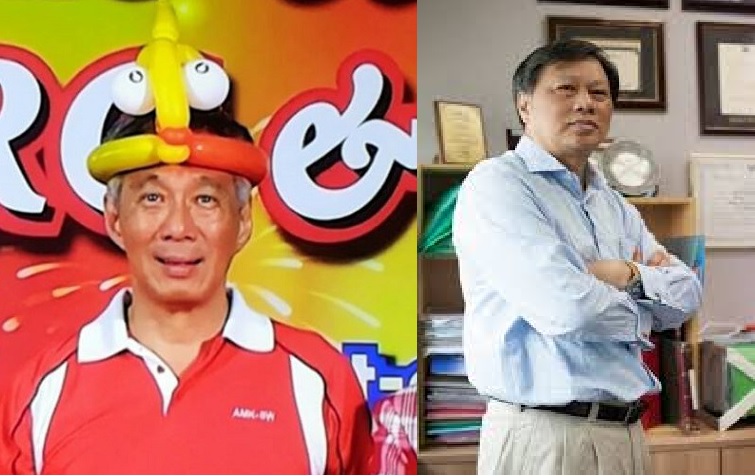Real story and experiences very elegantly written by Lakshmi Ganapathi.
Now here's the post that has been particularly difficult to write, but I am going to anyways in large part because I believe our personal narratives have power.
On a recent trip back to Singapore, I had lunch with an old colleague -- a mentor, a friend, and someone who I respect immensely. At one point he told me this story about a visitor from another country who told him that one of the anecdotes he shared would never be acceptable where he (the visitor) came from. And what was that anecdote? In describing sites to visit in Singapore to this visitor, my former colleague described Little India as such: "If you go at night, you'll only be able to see white teeth". He turned to me and commented, "People elsewhere are really sensitive. Whereas my malay and indian friends here can laugh with me when I say this". I kept silent. I too laughed nervously. For weeks I wondered why I did not say anything there and then -- out of respect and perhaps out of deference to seniority? And then I realized this was just one of the many scenarios over the years where I fit the theory of "double consciousness" proposed by sociologist and civil rights activist W.E Dubois: Minorities must learn and be able to inhabit the ways of the dominant group as well as their own.
One of the comments being thrown around by singaporeans (minorities included) about the whole "brownface ad" issue is this: " “Last time”, indians and malays would not be offended by this. These days we need to be mindful". It is no different from the comment I heard, " My malay and indian friends would laugh with me". Yes, we laugh, we may even join in, or we are silent at best, or we change things about ourselves at worst. Because that's how we learn to inhabit the spaces and ways of the majority. Our silence or laughter has never meant that it was ok. In Pritam Singh's words, our thresholds change, in local vernacular, we "become thick-skinned".
So here are a few episodes from the mythical "last time" which I have buried and have never spoken about. In all of these episodes I either stayed silent or changed something about myself. There are many more where these come from:

1. My earliest sense that I was different took root in primary school. Chinese classmates hesitated to hold my hand when lining up for assembly because it was "black". As is cultural, my mother had the habit of using coconut oil on my hair ("to help hair grow" as she would say). I once had a chinese classmate hold her nose and tell me " Lakshmi, your hair so smelly". I fought with my mom to not use coconut oil on my hair in primary 4 (4th grade). I've never used it since. Oh and what about those tuckshop interactions. My mom's a phenomenal cook, and took pride in packing me home made south indian lunches -- I made her stop doing that as well when some kid told me " Eeee, your food so smelly".

2. Those of you who have met my mom would know that she is light skinned. I once went to a salon in my local HDB estate to get a haircut. I was 10 years old then. The chinese hairdresser's only question was this, "Wah, why your mom so fair and you so black?". I asked my mom that question incessantly after that. My poor mom tried to explain genes (some of my grandparents are dark, my mom has light skin, light hair and light eyes), then she tried to tell me why my skin tone was beautiful and so much better than hers. None of which pacified my 10-year-old self. Thankfully, I can now tell my brown child that he is beautiful.
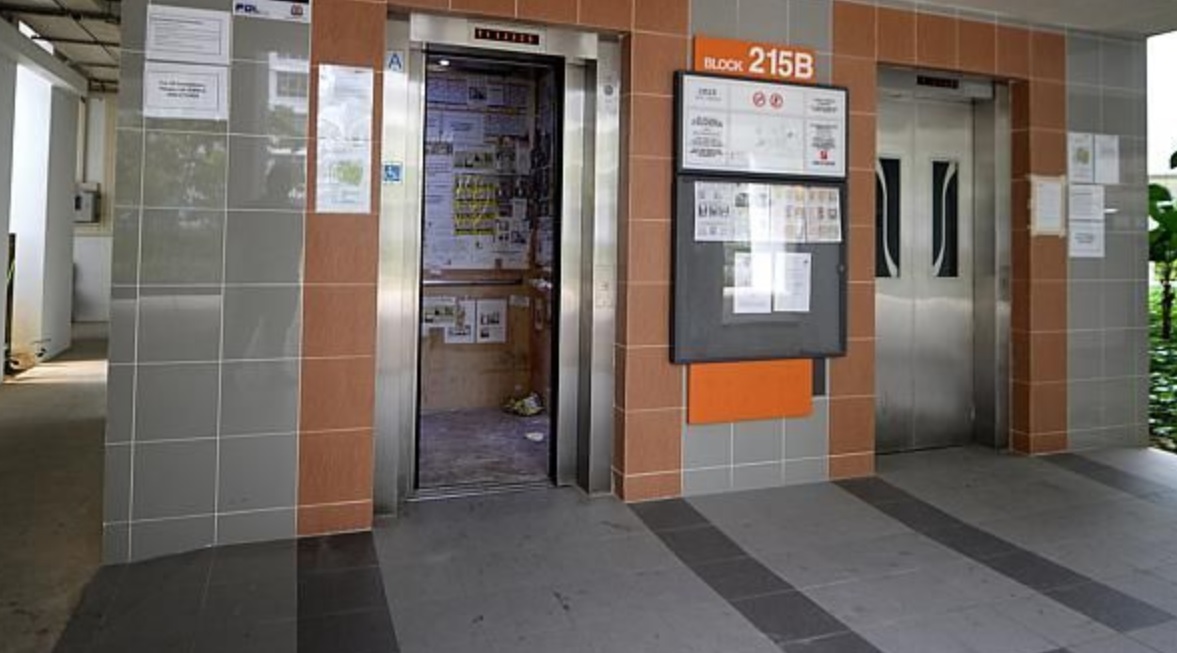
3. As a teenager walking out of my block's elevator, I've had little kids run up to me and call me "apuneneh" on several occasions. These days, I wonder how my american husband and son (who are ethnically Indian but also completely american and have no clue what "apuneneh" even means) will react if that happens. (For my international friends,
“apuneneh” is the local term for “black faced boogeyman” — most often used to scare local chinese children if they misbehave).

4. As a house officer in Singapore, I was the only Indian junior physician on my first rotation in Pediatrics. Our team took care of an indian baby, probably about 2 weeks old at that time. It was somewhat challenging to figure out what was going on with this child until he got an echo and was diagnosed with having a severe form of congenital heart disease. Lighter skinned infants can appear "blue" when you have such conditions. But that was difficult to ascertain in this child given his skin tone. The question I received from the senior physicians on the team is what lives with me till today (even though I myself am a senior physician now): "Shouldn't you have been able to tell that the child was blue? You are Indian". Really? Why should it have been that much easier for me?
Those of you who do know me, know that I went to Hwa Chong Junior College for JC1 and JC2 (for my international friends, this is 11th and 12th grade). I was one of maybe 10-15 minority students in the whole school. I was president of the students' council. The Straits Times even did a feature on me being a minority student government president in a majority chinese school. I count my years in Hwa Chong as some of my best and never did I encounter a scenario where I felt uncomfortable (though this may not have been the experience of others so I won't claim to speak for them). Which is to say, the scenarios I've shared are random, they catch us off guard, we barely have time to process it all. Hence, we laugh, we shrug it off, we stay silent, and we bury it somewhere deep. There is no "last time". It has never been ok, it is never ok.
This must surely have been so difficult to pen down.
Thank you for sharing.
